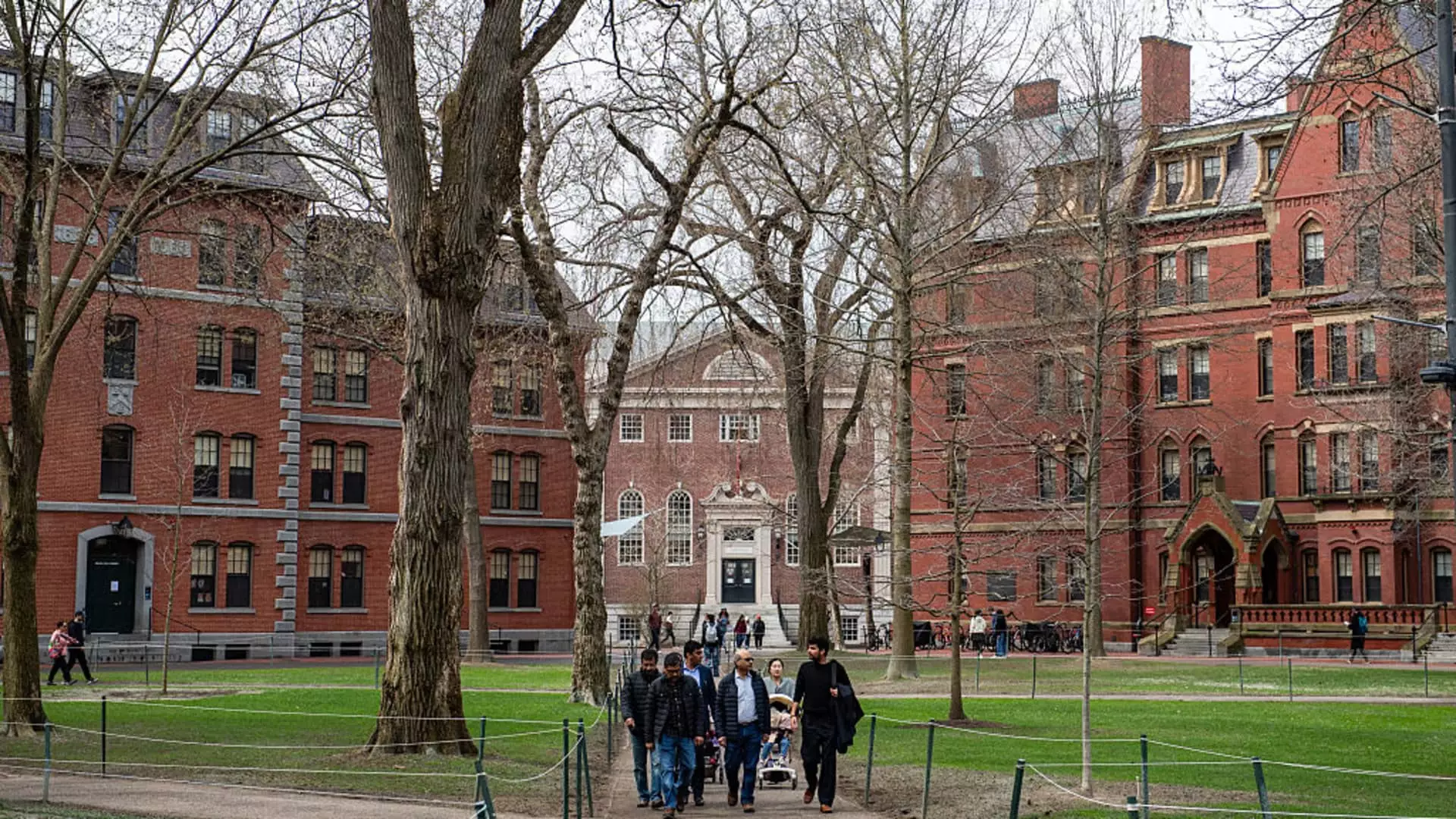In a stunning revelation that underscores the chaotic nature of our current political landscape, a letter from the White House to Harvard University demanding significant changes to their hiring and admissions practices has emerged as a point of contention. Not only was the April 11 correspondence demanding the dismantling of Diversity, Equity, and Inclusion (DEI) programs and ideological screening of international students sent without the proper authorization, but it has also ignited a public feud that threatens to destabilize the relationship between a prestigious academic institution and the government. Such incidents signal a frightening trend; the sanctity and autonomy of educational institutions are being undermined by political gamesmanship.
The Authenticity Dilemma
The authenticity of the letter has been a focal point of discussion. A Harvard spokesperson made it clear that the letter bore genuine signatures from prominent federal officials, raising questions about the integrity of the communication process within the government itself. The fact that it was delivered through an official email from a senior federal official lends a troubling weight to its legitimacy. However, the emerging narrative suggests that there was a disconnect within the administration regarding who authorized these far-reaching demands. This begs a broader question: How do we navigate a governance structure riddled with confusion and miscommunication? Such administrative failures are not trivial; they have real-world consequences that impact the fabric of our educational systems.
The Consequences of Reckless Politics
This situation has escalated into a high-stakes conflict, with Harvard’s rejection of the government’s demands risking nearly $9 billion in federal funding. The immediate backlash saw the White House threaten to freeze approximately $2.2 billion in grants. This back-and-forth isn’t mere rhetoric but represents a cavalcade of actions that reverberate within the lives of students and faculty members alike. When political ideologies intervene in academia with such fervor, the fundamental mission of educational institutions—to cultivate free thought and diverse perspectives—becomes jeopardized. What’s at risk here isn’t just a financial transaction; it’s a deep-seated belief in the importance of an independent academic environment.
Ideological Enclaves and Higher Education
The overarching narrative emerging from this debacle is intricate. The insistence on ideological screening in university admissions reflects a disturbing trend: the imposition of political ideology onto education. This tactic not only threatens the diverse fabric that institutions like Harvard strive to maintain but also signals a broader societal shift toward exclusivity in thought and expression. If ideologies dictate educational pathways, we risk producing an academic environment that is insular and resistant to the very ideas that fuel innovation and progress.
As we witness this public showdown, it is imperative to recognize that academic freedom hinges on the ability to explore challenging ideas without the looming threat of government intervention. The implications of this ongoing saga are far-reaching, serving as a cautionary tale about the delicate balance between political power and the integrity of education. If we allow institutions to be tethered to fluctuating political winds, we will lose the very essence of intellectual inquiry that higher education embodies.


Leave a Reply